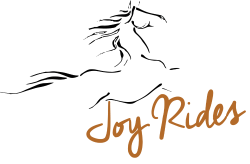Releasing Anxiety and Fear around Riding
We still love to ride our horses, but at this point in our lives, we just have a bit more anxiety and possibly even some fear around riding. Especially when taking our horses to new places, or going by that one spot where your horse always spooks, or feeling more and more nervous when your horse starts getting nervous.
So much of our anxiety is normal. We’ve taken some hard crashes. We don’t bounce as well as we used to. Our horses are big and powerful and unpredictable. Horse riding is one of the more dangerous sports… All of this is true.
But, the real truth is, we’re not going to give up riding. We love it. We love the feeling and the amazing places that our horses take us physically, emotionally, psychologically, spiritually…
So we deal with the anxiety in the best way we know how – to keep doing the thing that we love and keep reassuring ourselves that it’s going to be ok. We’re good riders. Our horses are trained and steady. We are mindful of dangerous situations. We have a lot more wisdom than we did when we were younger. All of this is true too. But, there’s still that underlying anxiety of the “what ifs”… and it prevents us from fully feeling great when we ride.
It’s a big dilemma for a lot of us who ride horses. But:
-
What if there was a way to start releasing that anxiety on a deeper level?
-
What if we could grab our confidence back and feel secure and steady in the saddle more often?

